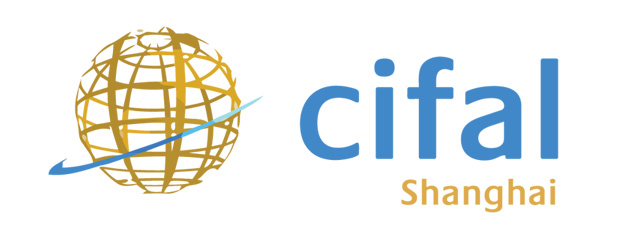




U. N.Institute for Training and Research (UNITAR) was established in 1965 at the request of resolution NO.1934 ⅩⅧ determined by General Assembly’ on December 11, 1963. The functions of UNITAR include training and research. In the past few decades, UNITAR has emphasized on training member countries while it delivered only training-related research. In 1987, the General Assembly announced that the main function of UNITAR be training, and the research part be sponsored by Special Purpose Grants. In 1993, the General Assembly further suggested that non-training activities be transferred to appropriate organizations of United Nations. Hence, UNITAR has been focusing on training and training-related research. The training programs have been changed a lot, especially after the establishment of United Nations Staff College that took over many of the programs formerly undertook by UNITAR.
OUR VISION
“A world in which individuals, institutions and organizations are equipped with the knowledge, skills and other capacities to overcome global challenges.”
OUR MISSION
“To develop the individual, institutional and organizational capacities of countries and other United Nations stakeholders through high-quality learning solutions and related knowledge products and services to enhance decision making and to support country-level action for overcoming global challenges.”
OUR CORE FUNCTIONS
Today, the scope of UNITAR programming is truly global with an outreach spanning the entire membership of the United Nations and with over 40,000 individuals benefitting from the delivery of some 500 training and related events yearly. Never before has the Institute’s programming been as diverse as it is presently, with a wide range of learning and other types of events covering topics in the broad areas of multilateralism; economic development and social inclusion; environmental sustainability and green development; sustainable peace; and research and technology applications.
The Institute has also greatly diversified the delivery of training, with e-Learning courses now accounting for one-third of all events and with over 5,000 learners from all corners of the world benefitting from the Institute’s virtual learning environment in 2012. In carrying out its mission, the Institute naturally places much emphasis on delivering learning-related products and services, on transferring knowledge, imparting skills and raising awareness with an aim to bring about changes in behavior, and to develop other capacities of its beneficiaries.
Parallel to learning, the Institute also engages in training-related and other advisory support services to governments at achieving broader social and economic development outcomes, such as developing institutional capacities.